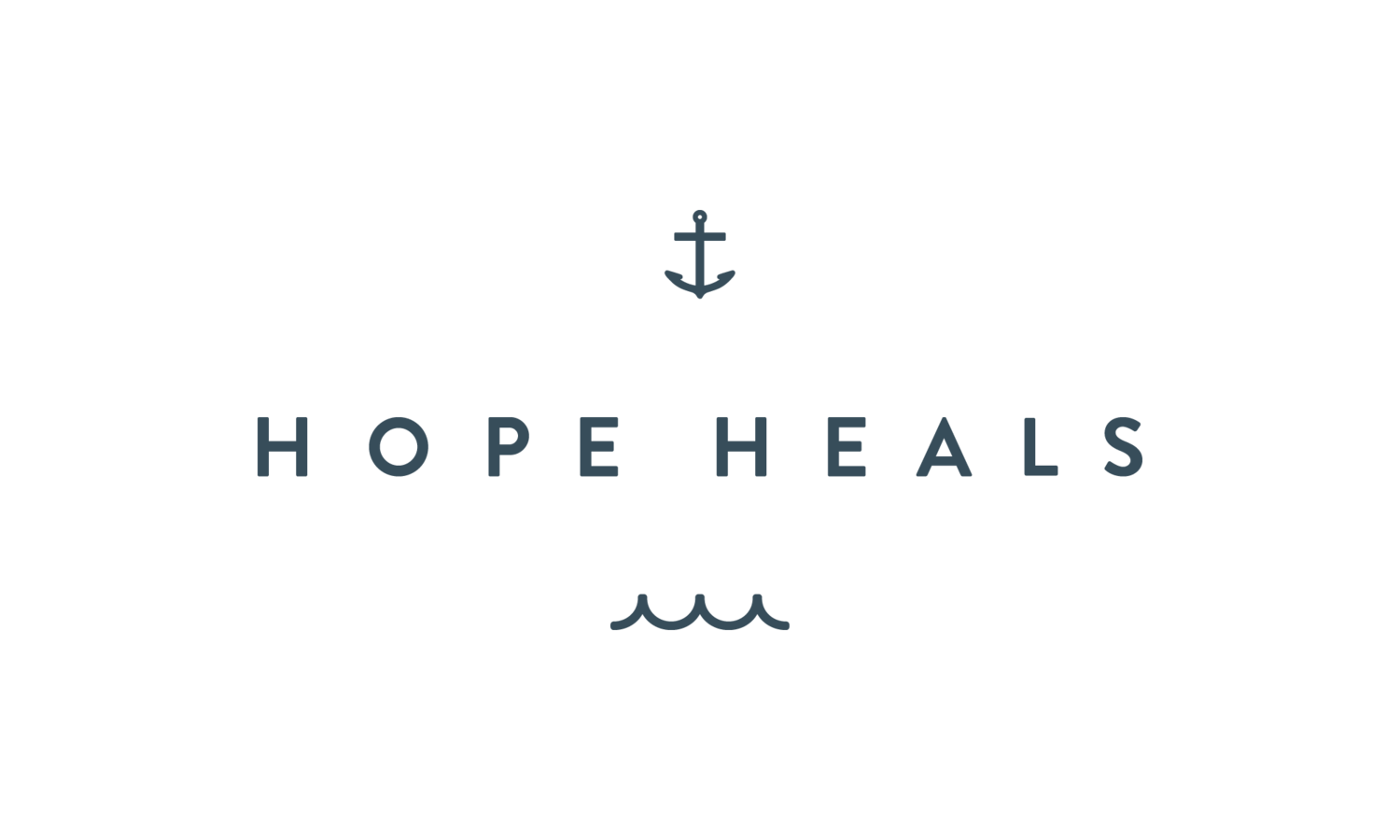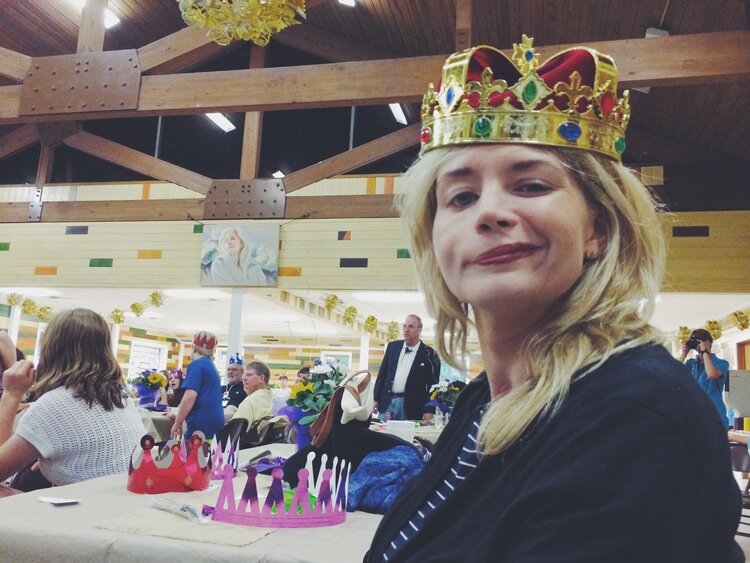Redefining Ability
One day, Katherine's body worked as any 26 year-old’s body should work. The next day, and the next thousand days, and today, it does not.
Though many abilities have since returned, the words of an early rehab doctor ring in our ears with deafening reality, “Some of your problems will be persistent and some will be permanent.” The question cries out, “Will any of the problems ever be over?” Perhaps this very question is the one that beats through all our hearts and falls from all our tears.
This great reversal in our lives, from ability to disability, has at times left us feeling upside down, disoriented, struggling to swim toward the direction of the surface as our lungs cry out for air.
Living in a body that is not able has been suffocatingly heart-wrenching for Katherine and those who love her, but more recently, it has also been unexpectedly and profoundly life-giving.
Perhaps the true great reversals in our lives are those invisible ones that happen on the inside, after we've experienced what we thought was the greatest reversal on the outside.
What Katherine is showcasing on the outside is what most of us are feeling on the inside. Whether or not we have the courage to embrace the finitude and fragility of our own bodies and brains, the fact remains, not one of us is truly able. If not in body, then in spirit, we are all disabled. Perhaps those who have experienced physical disability have a unique advantage in this regard because we are under no illusion that we can do anything on our own. Yet the recognition of inability is not defeat but rather the beginning of finding real hope.
In the summer of 2014, we were given a chance to speak at a camp for families with disabilities put on by one of our favorite ministries, Joni & Friends. It felt strange to lead a retreat we could have just as easily been attending, yet we shared encouragement as best we could to families dealing with loss and questions and heartache. The theme was Romans 15:13—“overflow with hope”—woven through with the story of Esther. And yet, before you can be so filled with hope that you overflow with it into the world, you must know hope, and before you can know it, you must recognize that you need it.
Instead of the typical Esther encapsulation of the story being “for such a time as this,” we focused in on chapter nine. It presents a newfound, breath-taking mantra: “When the king's command and edict were about to be carried out, on the very day when the enemies of the Jews hoped to gain the mastery over them, the reverse occurred".” Those three words resonated in our souls because they are the hope on which we hang everything. What should be the end is just the beginning, what should be death is life. In this story, and in all our stories, the reverse occurred not because the people did anything but because God did everything.
That week we encountered stories of families that will always be with us, stories that will inspire us and break our hearts. We saw transformations occur, metamorphoses from despair to hope. We witnessed children with major physical limitations do physical things, ropes courses and water slides and horse riding, that they never thought they could do, and it changed them. And we too, as the leaders who could be campers, were changed. Katherine played the role of Esther in a skit, and embodying the wheelchair-bound beauty contest winner (beating out the able-bodied contestants) in front of a wheelchair-bound audience, made her sit up a little prouder in her chair. We felt a burden for ministering to the disabled community that we have never felt before. We felt an ownership over our new people.
As we were leaving, one of the volunteers, who paid his own way to attend, to come alongside these families and love them well for the week, approached us with tears in his eyes. He shared that he had terminal cancer. It was his wish to be in and among these families, these living reminders of all our inabilities and all God’s abilities.
We are not alone in disability. It’s a reality all of humanity shares at its core. But more than that, we are not alone in our disability because God is there with us, to show us himself in ways that are hard to see when we are blinded by the illusion of our ability. In that revelation, the greatest reversal occurs within, and we can began to overflow with hope.

